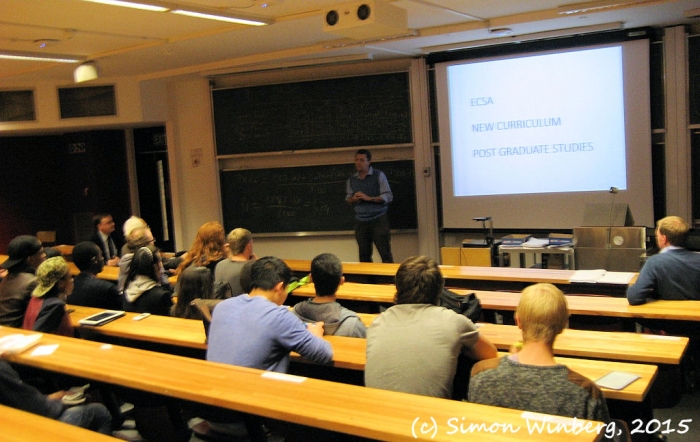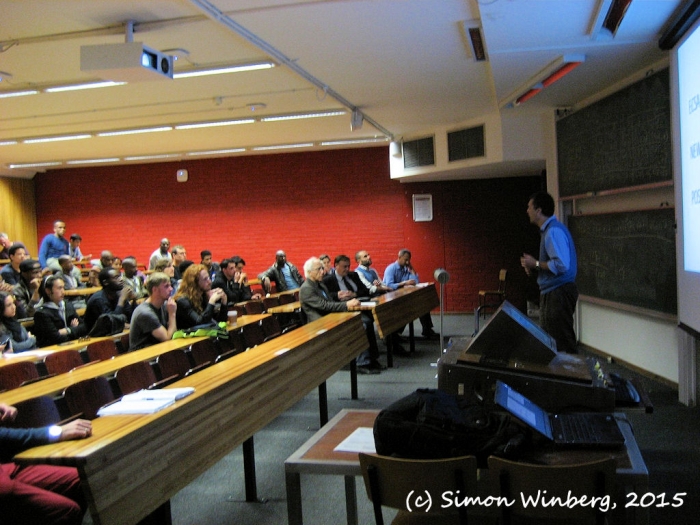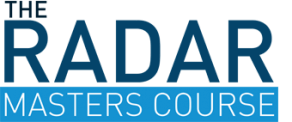Registering with ECSA


The Engineering Council of South Africa (ECSA) defines a comprehensive set of learning outcomes, which students are expected to gain during their studies.
The most important of these are the Exit Level Outcomes, or ELOs, which are common topics of discussion among academics, especially at this time of year.
Prof. Edward Boje, the Head of the Department of Electrical Engineering at the University of Cape Town, recently gave a presentation to the 4th year students in the Department on the importance of meeting the ECSA ELOs requirements. While learning outcomes (LOs) are merely significant and measurable results of learning, i.e. knowledge and skills, which students acquire in courses, the ELOs are of particular importance, as these relate to essential characteristics that an engineer needs.
Some universities use the term “Essential Learning Outcomes”, but ECSA uses ‘Exit’ as the first word to emphasise that these essential skills need to be achieved before the graduation of a candidate is approved. So, even if a candidate can do the maths and make sense of complex designs, there are still other fundamental professional characteristics the student needs to master, before they are deemed eligible to become a practicing, degree-holding engineer in this country – or in other countries that adhere to the internationally recognized Washington Accord (WA).

Graduates with WA-certified degrees have the advantage that they can practice or become professional registered engineers in South Africa as well as in other countries that belong to the WA.
One of ECSA’s many responsibilities is to ensure, through a process of peer review and inspections, that university programmes that they certify are in fact adhering to these important requirements.
The ECSA website (http://www.ecsa.co.za) provides further details with regard to the processes that a graduate needs to follow in order to register as a professional engineer. Having a WA-certified degree makes the process much quicker. Engineers whose degrees are certified by a different certification body can still register as a professional engineer in this country, but this is a more complicated process.
